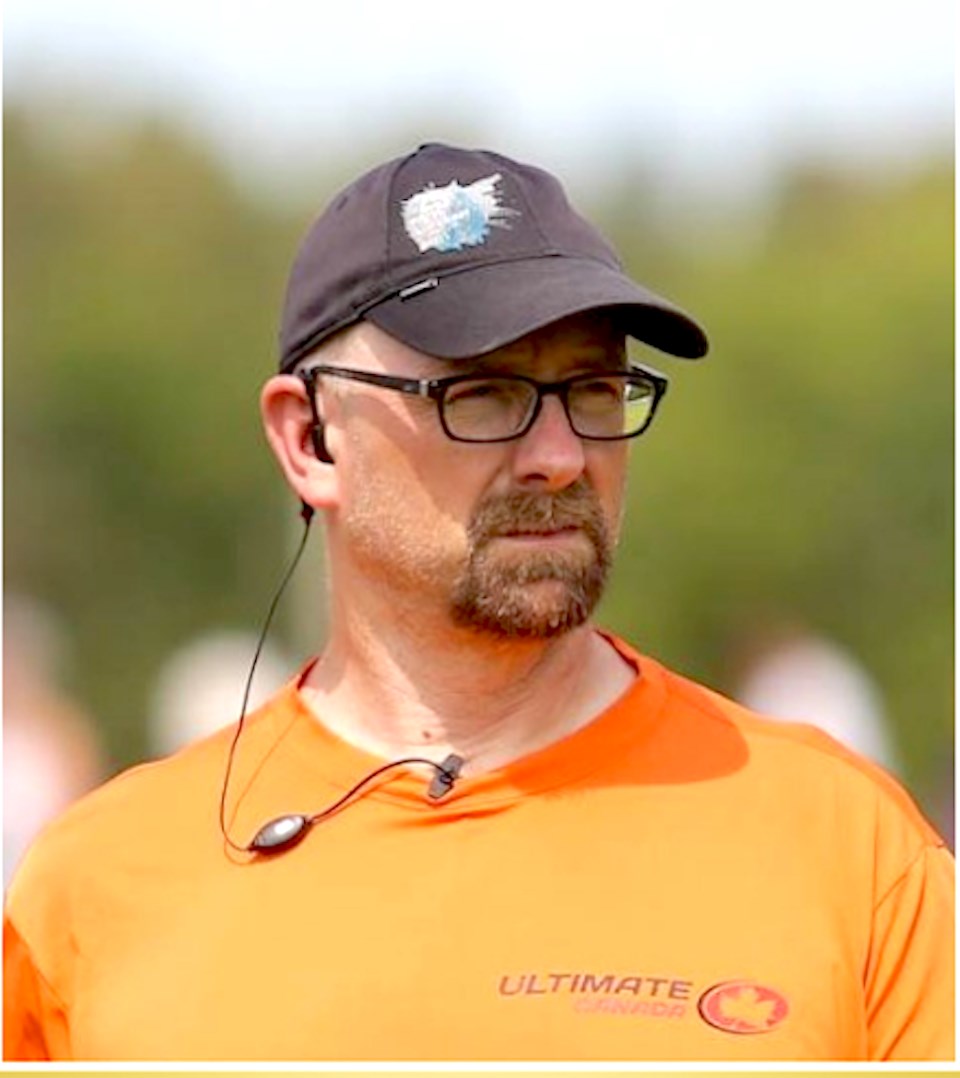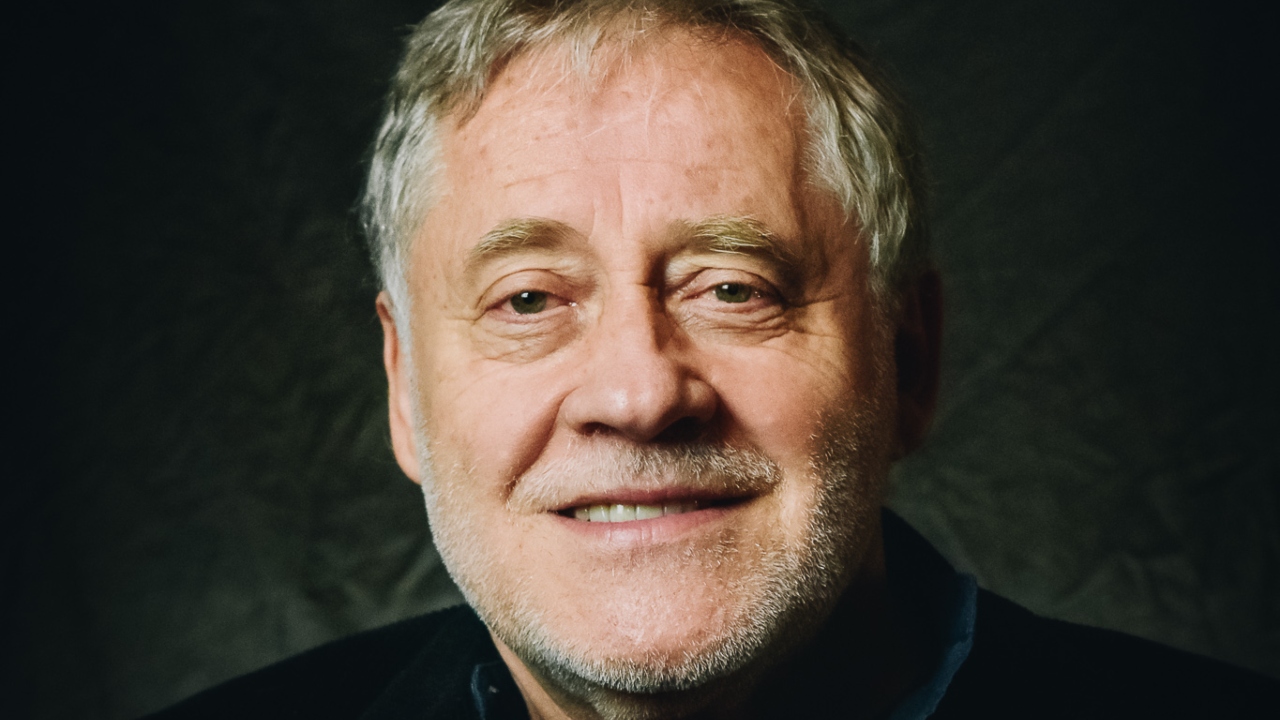People dream every night, the brain creates about 5 hours of dream images during an average night, but in most cases they cannot be remembered after waking up. According to a new study by Peter Seymour and fellow researchers, this has both a physiological cause and function, because by forgetting, the human brain prepares itself for the tasks of waking up — read Tuesday’s announcement by Eötvös Loránd University.
As they write, while the specific and often bizarre nature, emotional color, and perceived or real meaning of dreams has been one of the great human mysteries for millennia, dream research is a somewhat neglected area in the field of psychology, neuroscience, and even sleep research. , they do not belong to popular topics. In order to bridge this gap, ELTE PPK sleep laboratory researchers Peter Seymour and Robert Bodis, and Philippe Bignot of the Vrije Universiteit Brussel, examined the issue of dream and dream amnesia, that is, difficulty remembering dreams, in their study published in the April issue of the journal Neuroscience & Biobehavioral Reviews.
In their theoretical work, they argue that dreaming is not a conscious by-product of sleep, but is organically linked to its primary functions.
The homeostatic functions of sleep – maintaining the internal balance of the body – have been confirmed by numerous studies, and today it can be taken as evidence that it plays a fundamental role in restoring brain functions that were “worn out” during wakefulness.
Researchers classify these processes, which serve to carry out tasks accumulated during the pre-sleep period, as the so-called reactive balance sleep functions. These basic physiological processes, including stabilizing mechanisms and optimal functioning of the nervous and immune systems, can occur during the first few hours of sleep, when we spend a lot of time in deep sleep. On the other hand, the so-called predictive equilibrium, during which the body prepares itself in advance for expected environmental changes, occurs in the second half of sleep. We have much less information about this sleep period, which is mostly spent in REM and shallow NREM sleep.
According to the study authors, the role of early morning sleep can be picked up by predictive homeostasis processes that act to prepare for the future. They believe that tuning into the future, i.e. waking up after falling asleep, is another characteristic function of sleep.
Dreaming is also involved in this process, which, as a kind of transitional state between sleep and wakefulness, is the mental manifestation of this “future simulation” process. However, because night dreams unfold relatively loosely, with little regulation from the constraints of reality, specific, well-defined goals activated during waking effectively prevent and erase these dream memories.
On the other hand, remembering a dream will make it difficult to imagine future goals, that is, we forget our dreams so that we can focus on the future as easily as possible in the morning, the researchers pointed out in the study.
(MTI)
Read more: Lack of sleep ruthlessly lowers testosterone levels












































